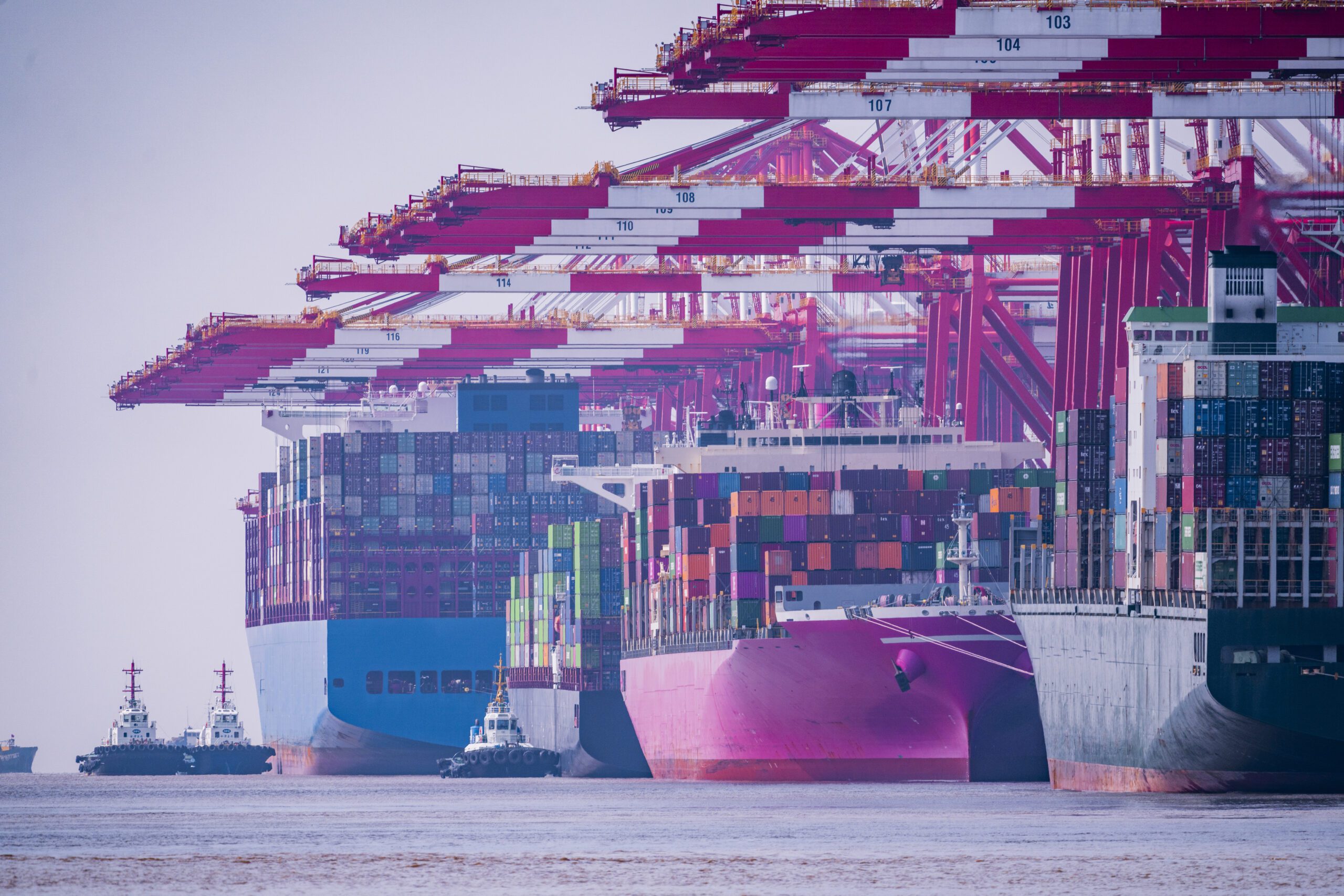Ocean rates are down from historic highs, but as we roar through Peak Season, the demand for container throughput is still greater than the US port, rail, and infrastructure have been designed to handle.
Carrier Maersk reports that wait time for vessels to berth at key ports is still at peak congestion with Houston at up to twenty days, Oakland nearing fifteen, and Savannah also at fifteen.
The Wall Street Journal reports, “At the Houston port, import boxes are sitting an average of six to seven days—twice as long as usual—before being picked up and taken to warehouses for sorting and transport to stores, factories and distribution centers.” Roger Guenther, the port’s executive director, defended that last summer, they opened up an extra one hundred acres of capacity, but when boxes started doubling in dwell time, that capacity was quickly filled.
Rail services are not only struggling to keep up while battling equipment and staff shortages, conundrums self-designed by serving only their shareholders rather than their customer base in the past years, but also a reduced number of rail carriers that could lead to a monopoly. A new deal before the House of Representatives put forth by Donald Payne, Chair of the Subcommittee on Railroads, Pipelines, and Hazardous Materials aims to address these issues, with caps on price increases, among other restrictions, since the rail carriers won’t do it themselves. Payne says, “This bill will improve the speed and reliability of rail service[s] and guarantee that freight rail shipping continues to improve in the future without unnecessary regulations.”
The Federal Maritime Commission’s (FMC), emergency order that will require ocean carriers to share real-time cargo information with rail, shippers, and truckers to address some of the congestion issues has met with staunch disapproval from many carriers. They worry it’s not enough action, but also about the vulnerability of the data being shared. Although, the supply chain’s immediate needs aren’t being met as the order is still in a consultation period until September 14, and then, the FMC will be taking feedback before moving on to the next step.
It’s clear that supply chain disruption and delays will be continuing trends for the foreseeable future. As one snarl untangles, another emerges. The keys to navigating these challenges whether inside peak season or not is preparation, expertise, and resources. At RS Express, you’ll find all three and a knowledgeable team ready to meet your needs with our suite of services, including FCL, LCL, and storage.







Follow Us